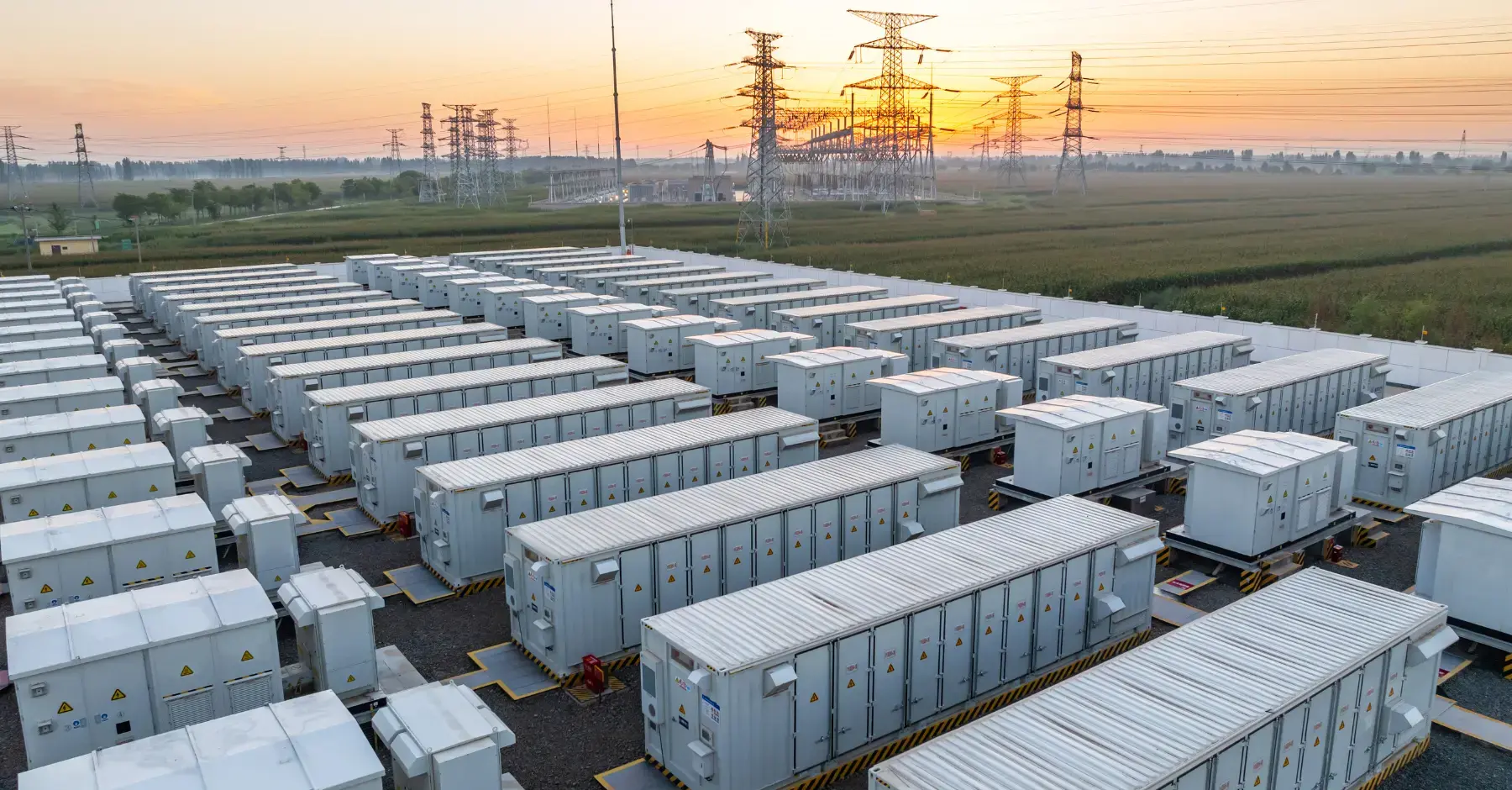
If there’s one constant in the energy business, it’s that things are always changing: Only 6 years ago, who would have thought that the average price of natural gas would drop by about 67%? Remember when some people thought the U.S. was running out of oil – until new extraction techniques reversed that Doomsday scenario? Or when everybody said, “you can’t economically store electricity,” and now battery prices are beginning to plunge?
In the ongoing competition for greater efficiency and cheaper supply, energy customers are often the winners. With changing regulations, markets, and technology, it’s challenging to make choices that will provide an acceptable payback. However, Advancements in LED lighting, for example, have taken effect so quickly that some equipment has become obsolete during its installation. In an almost instant replay of how fast PCs outstripped mainframes, LEDs are noticeably taking over much of the lighting market when, only a decade ago, they were mostly used just in exit signs.
Fortunately, utility and government incentives as well as better analytical tools make it easier to choose winning energy options. Better data e.g., from smart meters, also helps tally “scores” more accurately. Ever-expanding technical training and professional certification continue to add qualified players to the roster. To assist both customers and consultants make better energy choices, the U.S. Department of Energy (DOE) offers a wide range of free energy analysis tools at: https://www.energy.gov/eere/amo/software-tools
While there’s no such thing as a sure bet, some options are likely to remain prohibitive favorites. Here are some wins that might make it to your Final Four:
- Unless a shift in geopolitics results in a further and permanent decline in oil prices, boiler conversions from oil to natural gas is a good idea. Despite media noise about “plunging” crude oil and gasoline prices, such variations are typically temporary until OPEC re-adjusts the world market price. Furthermore, $3 a gallon fuel oil is no bargain when natural gas (on a delivered Btu basis) is half that price.
- Where space permits, thermal storage for cooling continues to be top-seeded. In many parts of the US, the fastest-growing cost component of electric tariffs is peak demand. Shifting at least part of one’s chiller load to times when rates are much lower can cut summer electric bills. The advent of distributed thermal storage for small packaged A/C systems is opening the door to many facilities lacking central chiller plants.
- Eliminating old forms of lighting e.g., incandescent, T12 fluorescent, regardless of the replacement technology, saves in multiple ways. Waiting for the “best” technological option to stand out will only ensure continued high costs.
- Due to significant efficiency improvements in packaged A/C units, switching out 20-year old models is nearly always a win as typical Seasonal Energy Efficiency Ratios (SEER) are now double, or better, than those they are replacing.
Whichever team you bet on, there may always be another one with a better bench waiting to walk on the court, but never betting means never winning. Don’t stand on the sidelines. Use a good energy consultant to help you make a few good picks. Put your money on more than one option and one of those Cinderella teams may just make you a big winner!


